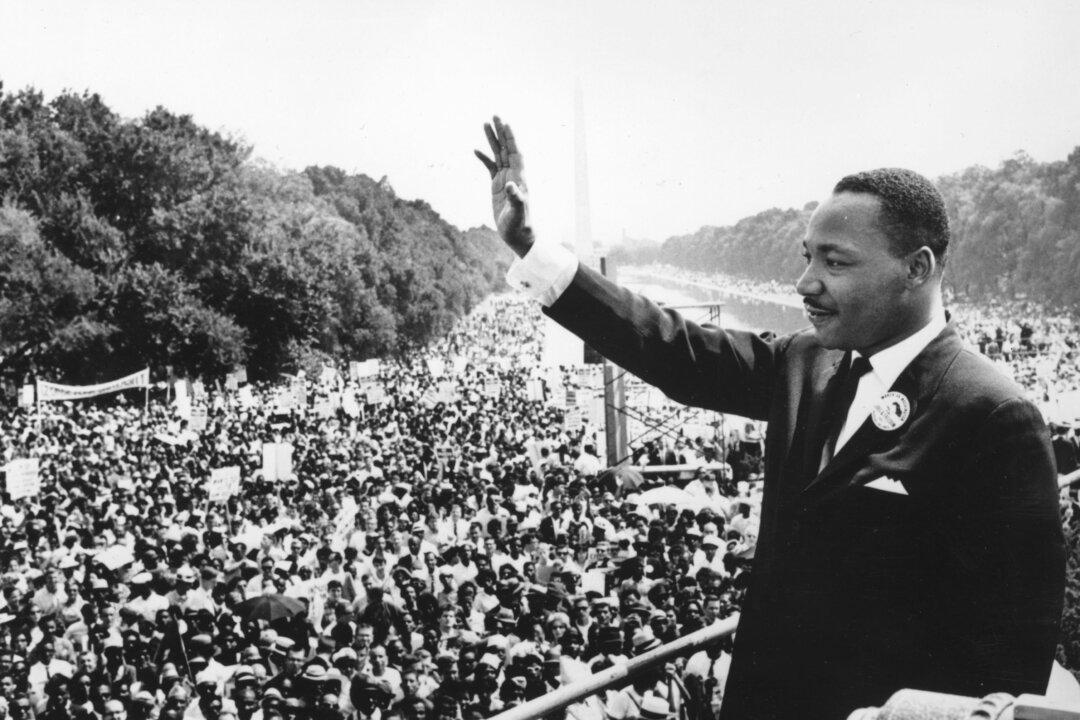Commentary
You might wonder why you should care about what a college kid has to say on just about any topic. I don’t blame you. But, on the topic of critical race theory, I would argue we’re uniquely qualified to give our two cents.

You might wonder why you should care about what a college kid has to say on just about any topic. I don’t blame you. But, on the topic of critical race theory, I would argue we’re uniquely qualified to give our two cents.